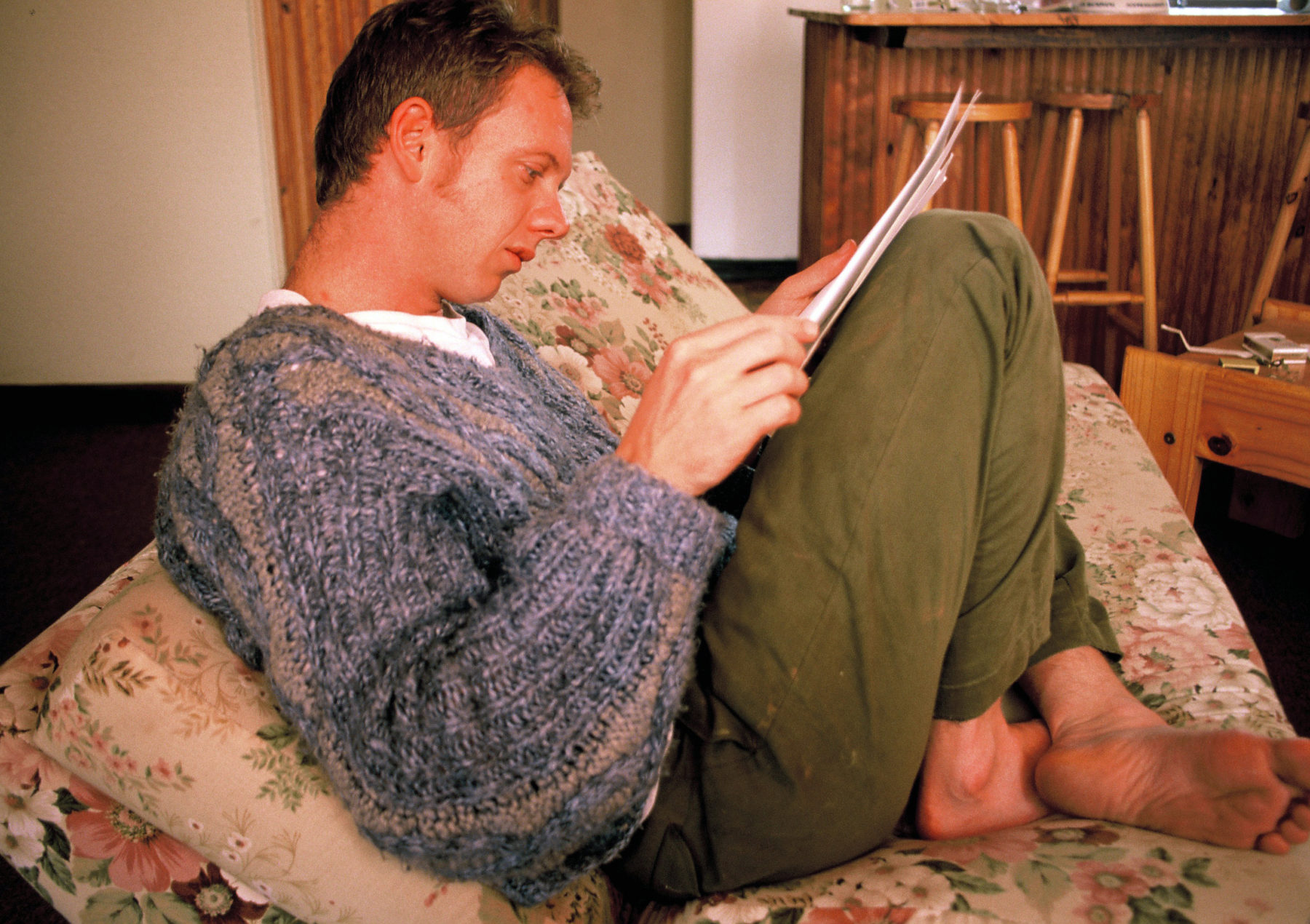In 1986 just as Johannes Kerkorrel, James Phillips, Koos Kombuis and other artists were starting to use popular music as a cultural weapon against the Nationalist government, the government itself recognised the importance of music to relay propaganda messages.
Whilst the ongoing unrest in the townships had brought South Africa to the brink of civil war, the government spent 4.3 million rands of taxpayers’ money to create a song entitled “Together we will build a brighter future”.
The song formed part of “Operation Optimism” in which the government wanted to promote “peace, progress and prosperity”. Taking its lead from Live Aid, and the collaborations that had given rise to the singles “We are the World” and “Do they know it’s Christmas” in which a number of international stars had come together to record songs in aid of charity, the South African government’s Information Bureau hired forty seven local musicians to record the song in seven languages.
The song was released to great fanfare but was an abysmal failure. The public immediately saw through the thinly veiled attempt by the government to use music to spread disinformation about the state of affairs in South Africa. The country was clearly in a state of crisis that nothing, including this crude propaganda stunt could conceal.
South African musicians were incensed, not only at the government for attempting to use their medium in such a ham handed fashion, but also at those “sell-outs” who had collaborated with the Information Bureau on the project.
In the end all copies of the song were recalled by December 1986 even before any commercial sales of the song had been made.
